Nothing is perfect - not even new versions of Apple's operating systems. In today's roundup of events related to Apple, we will look at two problems that have occurred with iPhones running iOS 17. In addition, we will also talk about the demands that the European Union may soon impose on Apple in connection with iMessage.
It could be interest you

Reasons for deterioration of iPhone battery life with iOS 17
A slight decrease in iPhone battery life is not unusual immediately after switching to a new version of the operating system, but it is usually only temporary and for a relatively short time, related to background processes. However, after switching to iOS 17, many users began to complain that the deterioration of endurance is more pronounced, and above all, it lasts longer than usual. The explanation came only with the release of the third beta version of the operating system iOS 17.1, and it is quite surprising. The reduced endurance is surprisingly associated with the Apple Watch - that's why only a part of users complained about this phenomenon. According to Apple, the watchOS 10.1 operating system contained a specific bug in previous beta versions that caused the battery life of paired iPhones to deteriorate.
Mysterious self-shutdown of iPhones
In the course of the past week, one more report appeared in the media describing problems with iPhones. This time it is a rather strange and as yet unexplained problem. Some users have noticed that their iPhone automatically turns off at night, which then remains off for several hours. The next morning, the iPhone asks them to unlock it using a numerical code, not Face ID, and the battery graph in Settings also shows that it turned off automatically. According to available reports, the shutdown occurs between midnight and 17 a.m. and while the iPhone is connected to the charger. iPhones with the iOS XNUMX operating system are apparently affected by the bug.
The European Union and iMessage
The relationship between the EU and Apple is rather problematic. The European Union imposes demands on the Cupertino company that Apple doesn't like very much - we can mention, for example, regulations regarding the introduction of USB-C ports or the installation of applications from sources outside the App Store. Now the European Union is considering regulation under which the iMessage service should be unlocked to other platforms such as WhatsApp or Telegram. Apple argues that iMessage is not a traditional communication platform and therefore should not be subject to antitrust measures. According to available information, the EU is currently conducting a survey, the aim of which is to determine the level of involvement of iMessage in the ecosystem of companies and individuals.

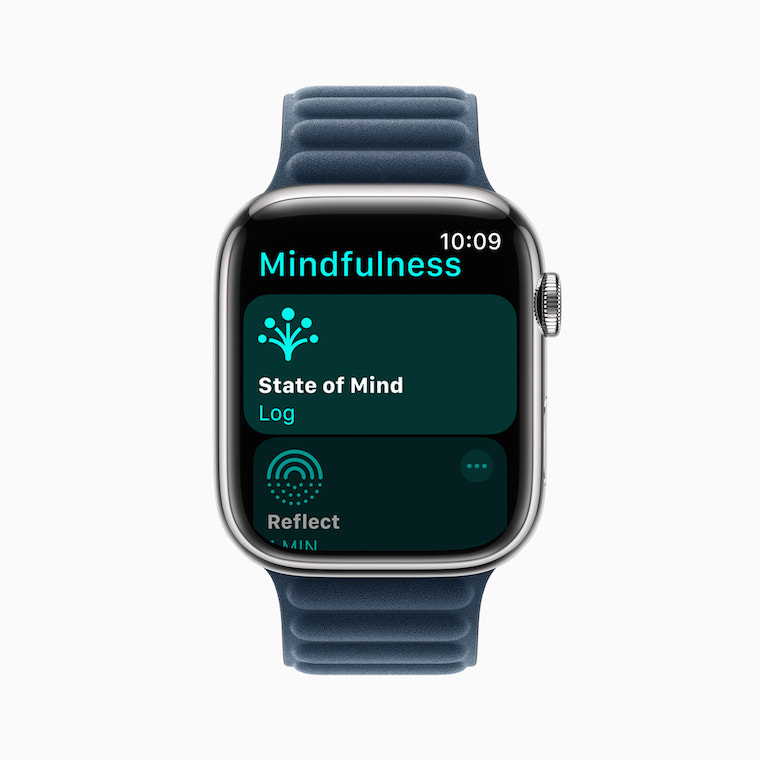

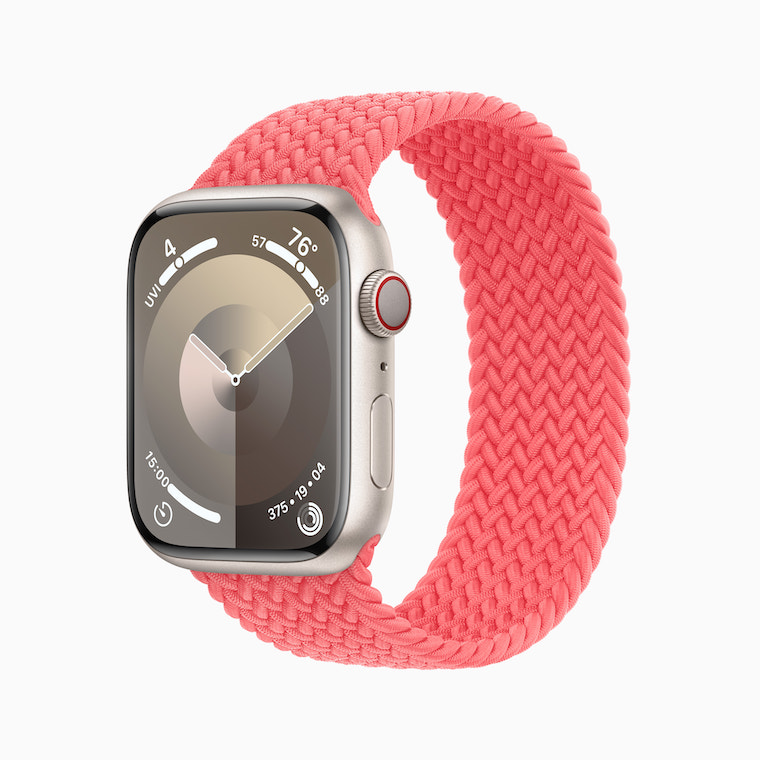
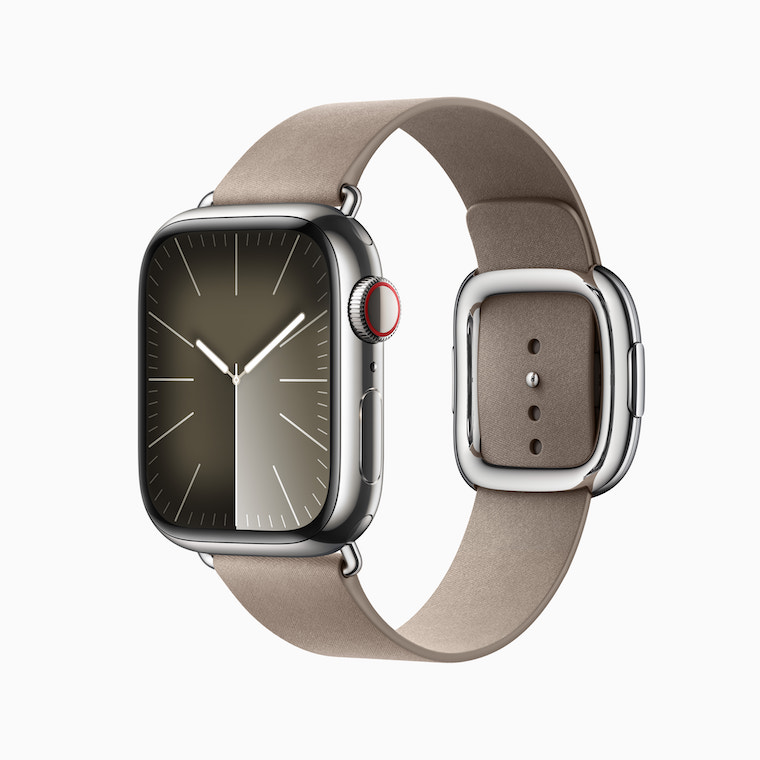






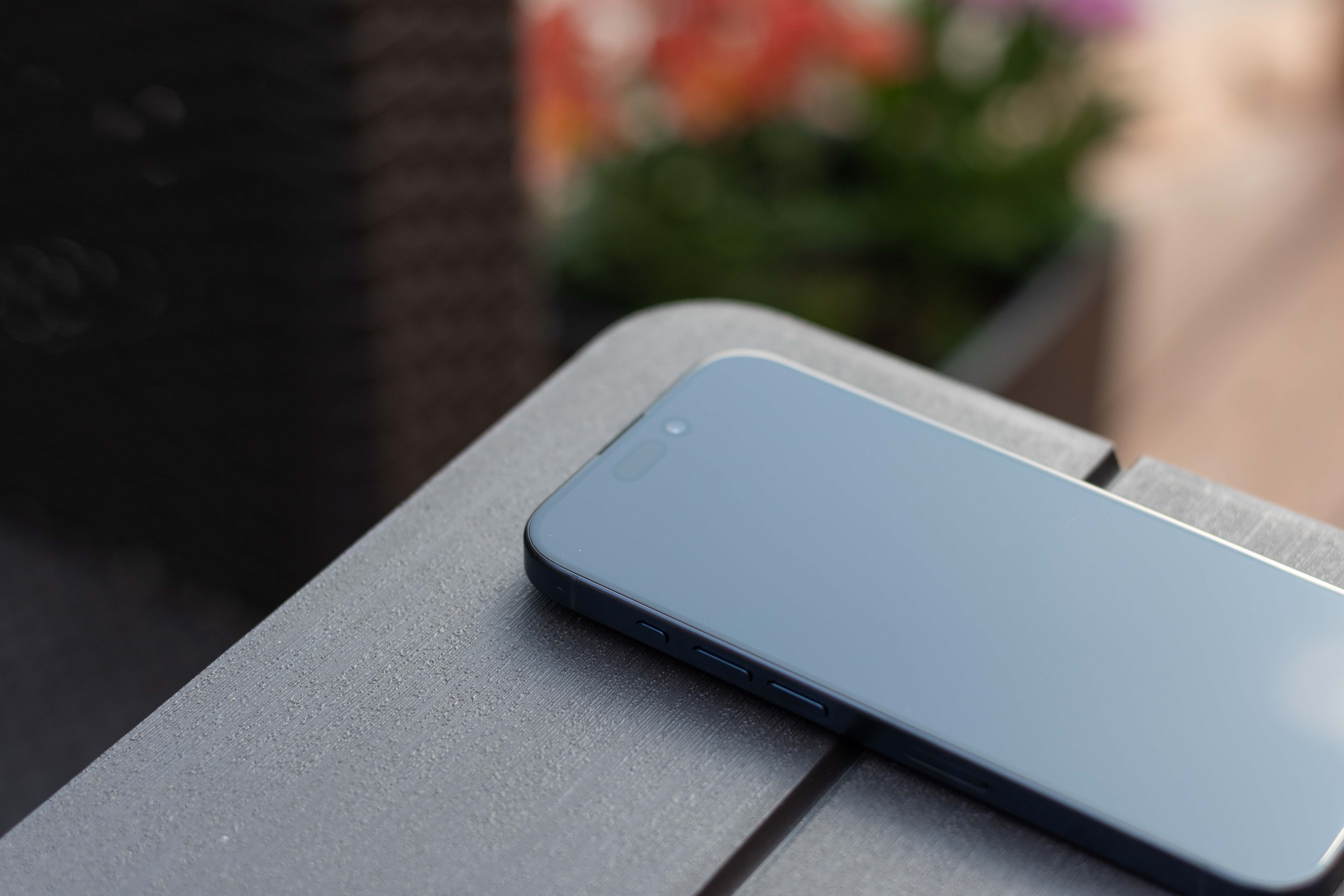



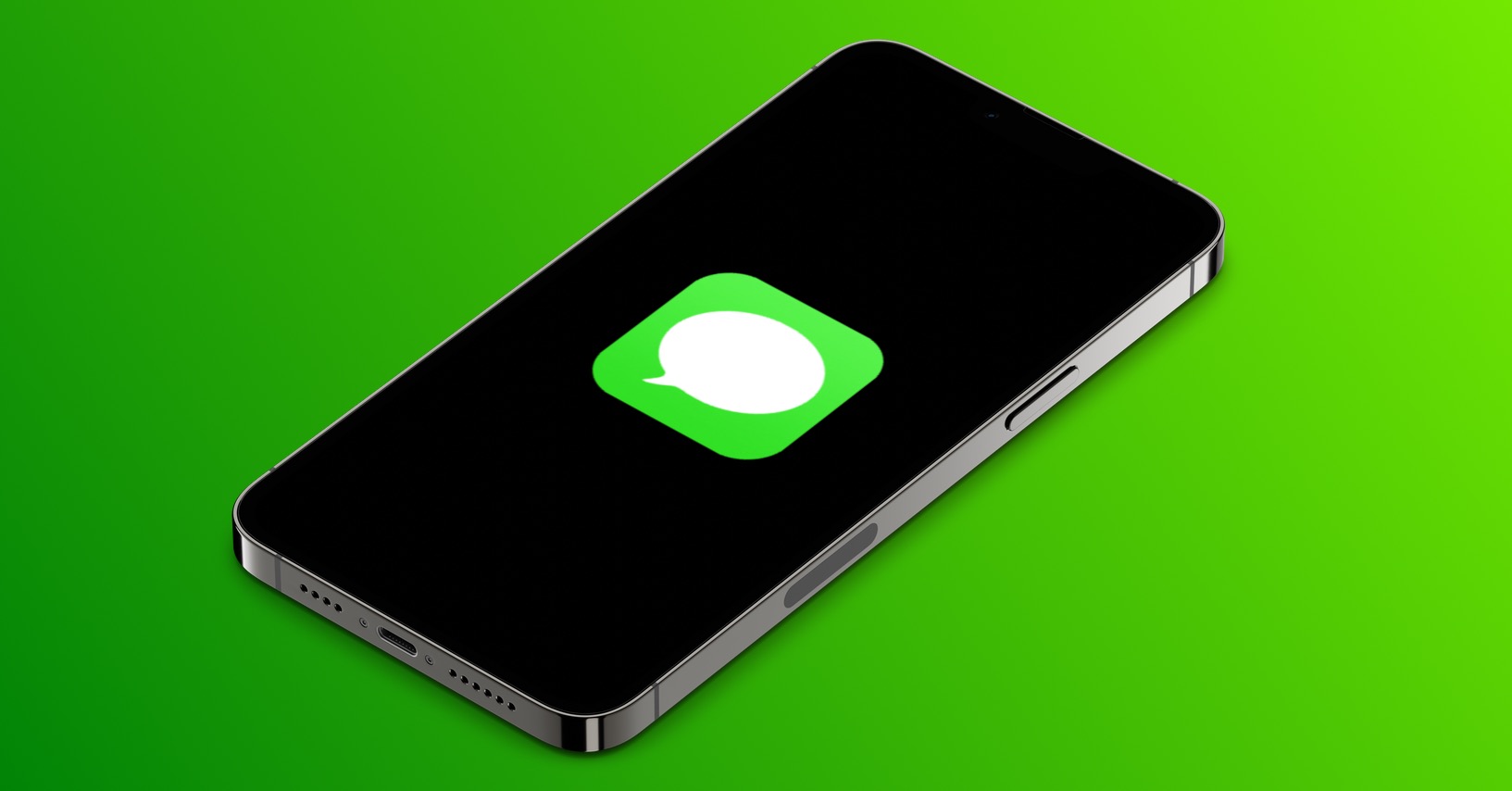
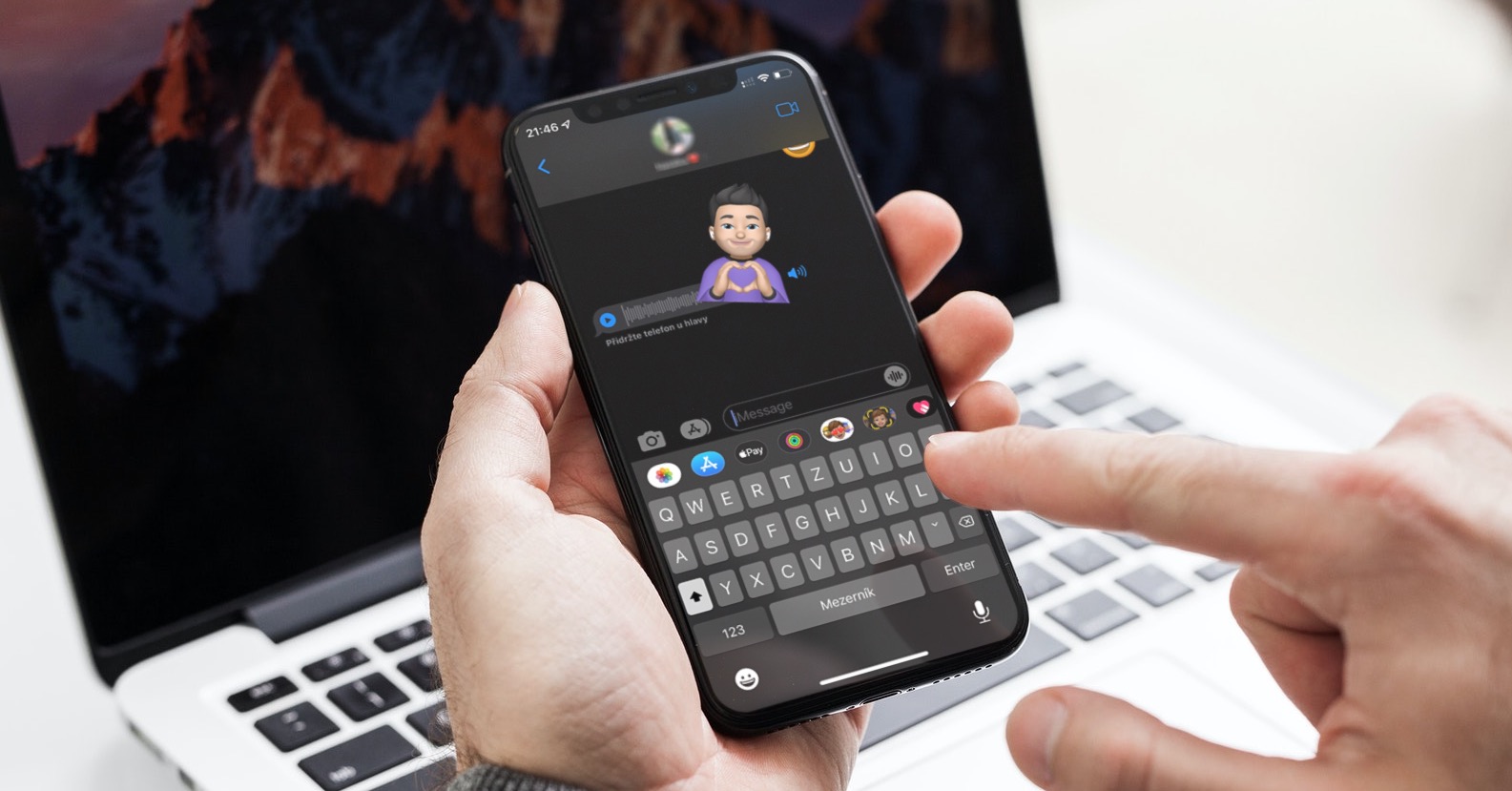
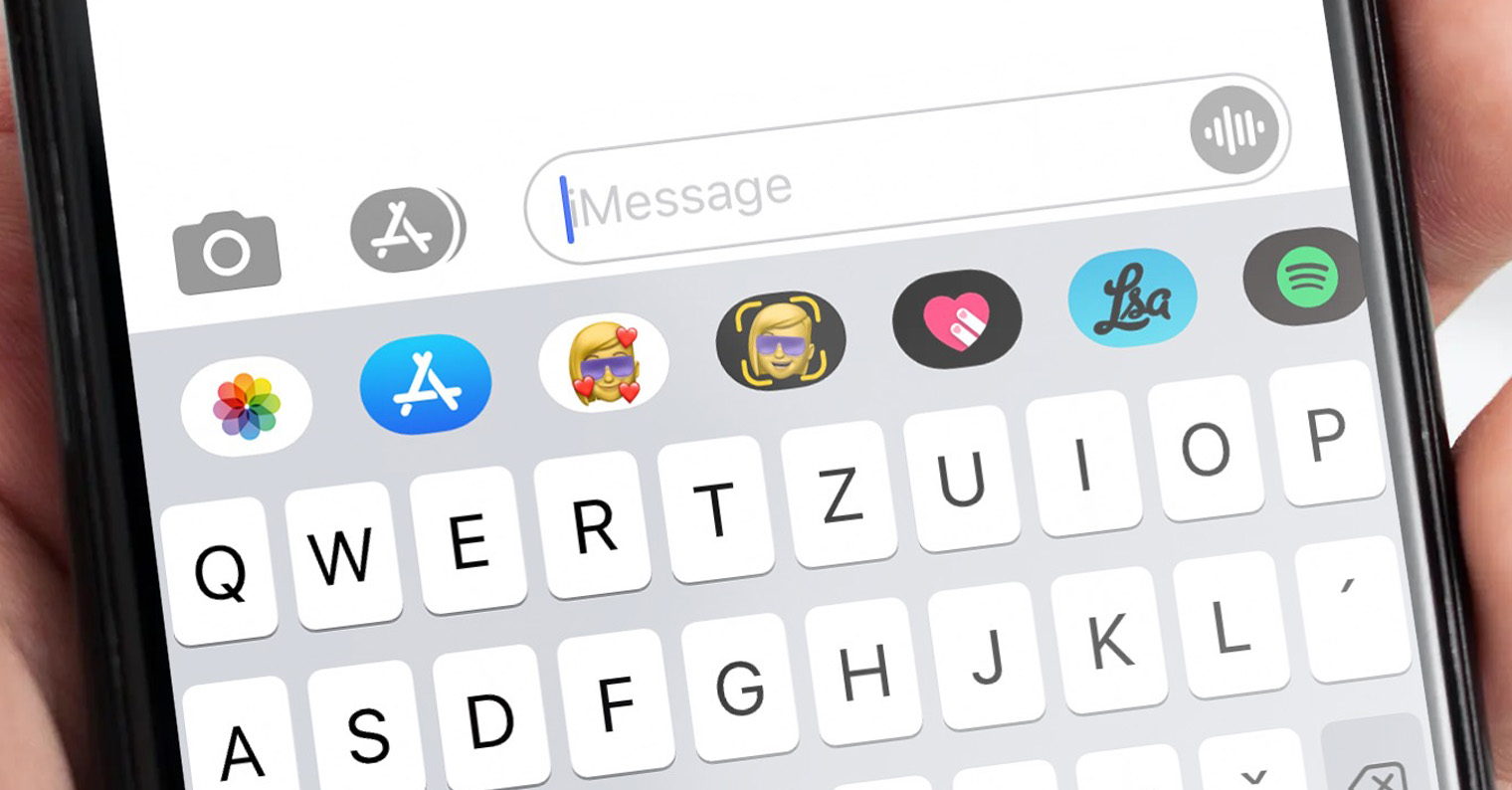
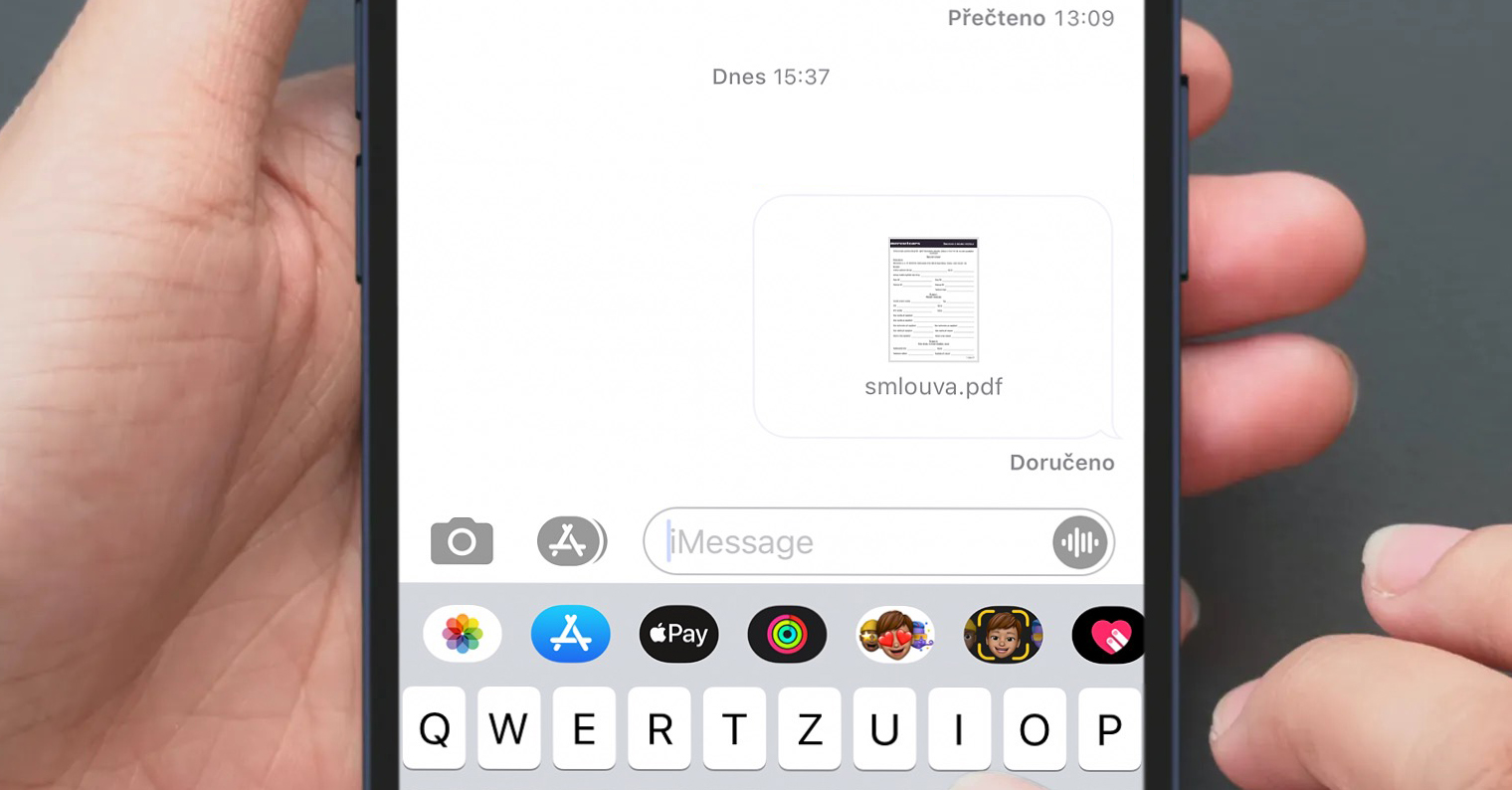
I have an iPhone SE 2020, and since installing iOS 17, my device has been shutting down multiple times a day, apps crashing, etc. :-(